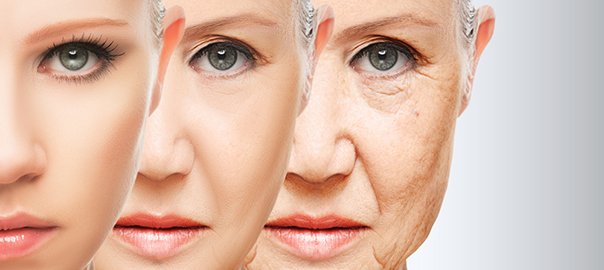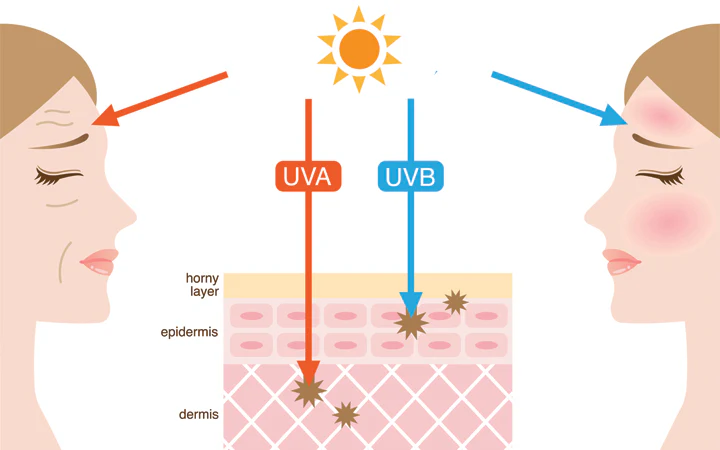Physical Address
304 North Cardinal St.
Dorchester Center, MA 02124

Aging — it’s the one thing we all have in common. From the moment we’re born, the clock starts ticking. Wrinkles deepen, bones weaken, and memories sometimes fade. But why does this happen? Is it just nature’s design, or is there something more complex behind our journey through time?

Scientists have long sought to understand why the human body doesn’t last forever. At the heart of the mystery lies our DNA — the genetic blueprint in every cell. Every time our cells divide, tiny structures at the ends of chromosomes called telomeres get shorter. Eventually, they become too short to protect the DNA, leading to cell damage or death. This is one of the key mechanisms behind aging.
Another culprit? Free radicals. These unstable molecules form as byproducts of metabolism or from environmental stress like pollution or UV rays. They damage cells over time, leading to what’s called oxidative stress — which accelerates aging.

But aging isn’t just about physical decline. It’s also a beautiful story of survival. Our bodies evolved to reproduce and pass on genes, not necessarily to live forever. Some scientists believe that after a certain age, the body no longer prioritizes repair and maintenance, making aging almost inevitable.
Interestingly, not everyone ages the same way. Genetics, lifestyle, diet, and environment all play a role. People who eat healthy, stay active, manage stress, and get quality sleep often enjoy a longer and healthier life — though there are no guarantees.
What’s even more fascinating is that researchers are now exploring ways to slow down the aging process. From calorie restriction and senolytic drugs (that remove aging cells), to studies on reversing cellular aging using reprogramming techniques, science is pushing boundaries that once seemed like fiction.


And while we can’t stop time, we might one day learn how to bend it — even if just a little.
Conclusion
Aging is no longer just a philosophical or poetic mystery — it’s becoming a solvable puzzle. As researchers unlock the secrets hidden in our cells, the future of human lifespan might be more flexible than we ever imagined.
What do you think?
If science could slow or even stop aging, would you want to live for 150 years? Or do you think aging gives life its meaning? Share your thoughts in the comments — we’d love to hear your perspective.